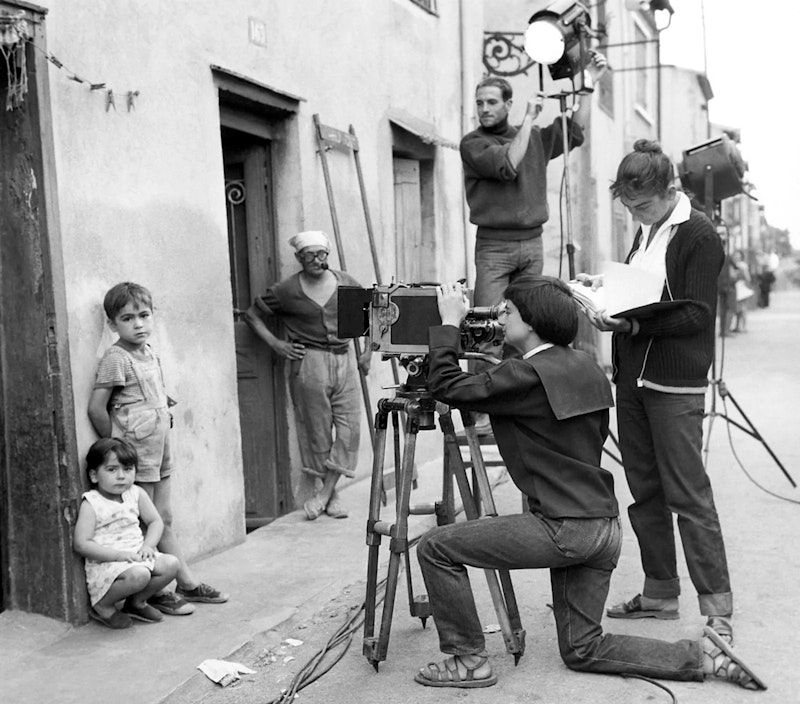Deadline reported last Monday that Richard Linklater’s latest film, Hit Man, had sold for $20 million to Netflix, making it the biggest sale at TIFF. It was a strange sale on Linklater’s part as he was openly critical of Netflix’s quiet rollout of his previous feature Apollo 10 ½. “It’s always kind of sad when you realize even your friends don’t know your film is out,” he told AP. Chris Lee, a senior reporter at Vulture, tried to talk about this negotiation with John Sloss, “indie filmdom’s foremost deal-maker,” about why Linklater would then choose to go back to Netflix for Hit Man, but did not receive a concrete answer. As Lee infers, there just might not be many other options for a director like Linklater and a film like Hit Man.
That same day, an interview with Kelly Reichardt came out in the Finnish-language paper Helsingin Sanomat where she made the case for the dire financials of independent film. She argues that the cinematic summer was dominated by the media narrative around “Barbenheimer,” which itself has nothing to do with the material of the films, just their marketing. While Barbie easily made over a billion dollars and Oppenheimer has become the highest grossing biopic of all time, those numbers do not necessarily reflect anything about the quality of those films. The dominance of the media-sphere benefits the money machine of Hollywood more so than it does the filmmakers in the machine, let alone the independent voices fighting for scraps at the bottom.
All this was enough to make a shitstorm on Film Twitter but then the following day, a write-up in Vanity Fair about Nia DeCosta dropped. DaCosta recently made the jump that so many independent filmmakers have in the last decade, going from small-budget festival films to doing journeyman work on a Marvel set. Interestingly, VF pointed out that “DaCosta was fully cognizant that she’d been hired by a powerful entity to do a job. ‘It is a Kevin Feige [President of Marvel Studios] production, it’s his movie.’” This grew a lot of ire in the internet film world, but speaks to the only options that exist to filmmakers right now: to be solvent you can either sell your movie to a streamer to make a quick buck, do for-hire work on sterile (even insidious) commercial products, or fend for yourself with a day job while you struggle to scrape together funding for an artistically interesting film that will inevitably exist outside of the conventional film market, keeping you a financial outcast in a ruthless, indifferent capitalist industry.
As the striking summer turns to a back-to-work fall, it’s hard for me to be too critical of the different paths filmmakers are running in this mercurial market. Even as “selling out” has largely left the vocabulary in this millennium and anysort of punk attitude has thoroughly been washed away from the limelight in favor of the tenuously venturous data-driven entertainment economy, the artists who collaborate in with the monstrous marvelous money machines don’t make me mad as much they make me sad, the same way the independent director selling for tens of millions to a streamer makes me sad, or one of the most distinct voices of a generation has to navigate the academic world just to have healthcare and a roof. It is all just a sad state of affairs—comforted only by the fact that a few are going in tooth-and-nail to fight it.

